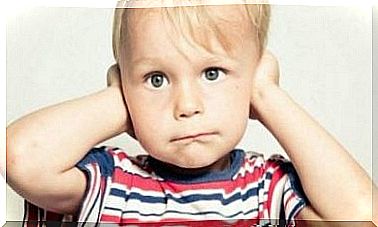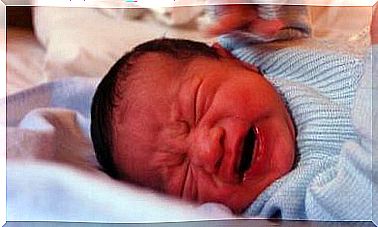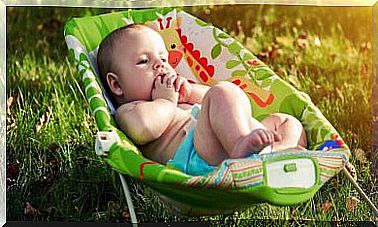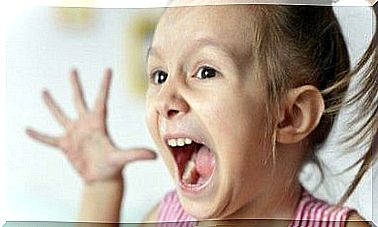Socialization In Childhood: Why It Is Important
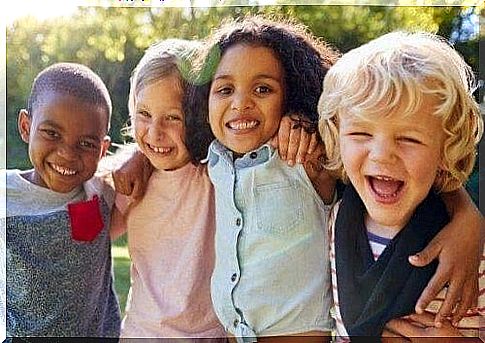
Humans are social beings. We spend our entire lives interacting with others and integrating into society. Our social relationships help protect us from stress and it leads to improved mental and physical health. Read this article to learn more about socializing in childhood.
Life in modern western society requires people to function in different social systems where they have to play different and obscure roles. To do this well, people require certain social skills.
Socialization is the process that allows us to learn and and internalize the norms of society, achieve the ability to develop ourselves socially and build an identity through interactions with others. As you can see, socialization is a key process to our development as human beings.
The different phases of socialization in childhood
The process of socialization is divided into two primary phases:
- Primary socialization. It is an individual’s first contact with their environment and the people in it. In this phase, children acquire the most basic skills, mainly through practice and in imitation of what they see and are taught. It is essentially an informal process where the primary means of socialization is family. The child will learn values from the family and forge their bonds with their family. In this phase, crèches, kindergartens and the media are also important means of socialization.
- Secondary socialization. It is a more formal learning process where the person acquires more complex and abstract skills. Schools and other institutions are the primary means. During this process, children discover new worlds beyond their family, and they begin to understand hierarchies.

But what role do parents play in this process? What can we do to offer our children proper socialization?
Socialization and family
As we mentioned above, the family is the primary part of socialization in childhood and it is also the most important.
The way parents interact with their children will give them the keys to building their identity and shaping their behavior. Likewise, every act of socialization will have a future effect on the child’s personality.
The influence of temperament on socialization in childhood
Temperament plays an important role in the ability to socialize in childhood. Temperament is innate and manifests itself from the first moments of a baby’s life.
Some children are active, fearless, more responsive to their surroundings, and they are not afraid to explore. But then there are other children who are quiet, calm and careful. They tend to stick to their attachment figures and are not naturally inclined to explore their surroundings.
This is a huge problem, as uninhibited children, according to Buck (1991), often create more socially enriching environments due to their behavior and reactions. The people around them tend to stimulate them more and give them more attention.
In the meantime , disabled children can create environments without stimuli, so they thereby miss out on many opportunities to socialize and learn the rules that govern socialization.
Therefore, regardless of your child’s temperament, you should make sure that you provide them with a stimulating and enriching environment full of opportunities to develop their social skills and interact with their surroundings without fear.
Upbringing style

Another aspect that is extremely important is the parenting style used by the parents as it gives the children basic guidelines on how to see the world and how to relate to it.
Children need democratic and confident parents who listen to their emotions and teach them to control them while being encouraged to explore and make decisions on their own. Parents should also set uniform and reasonable boundaries.
Children ultimately need parents who can convince them that the world is a positive and safe place and that they are capable of developing in it.
